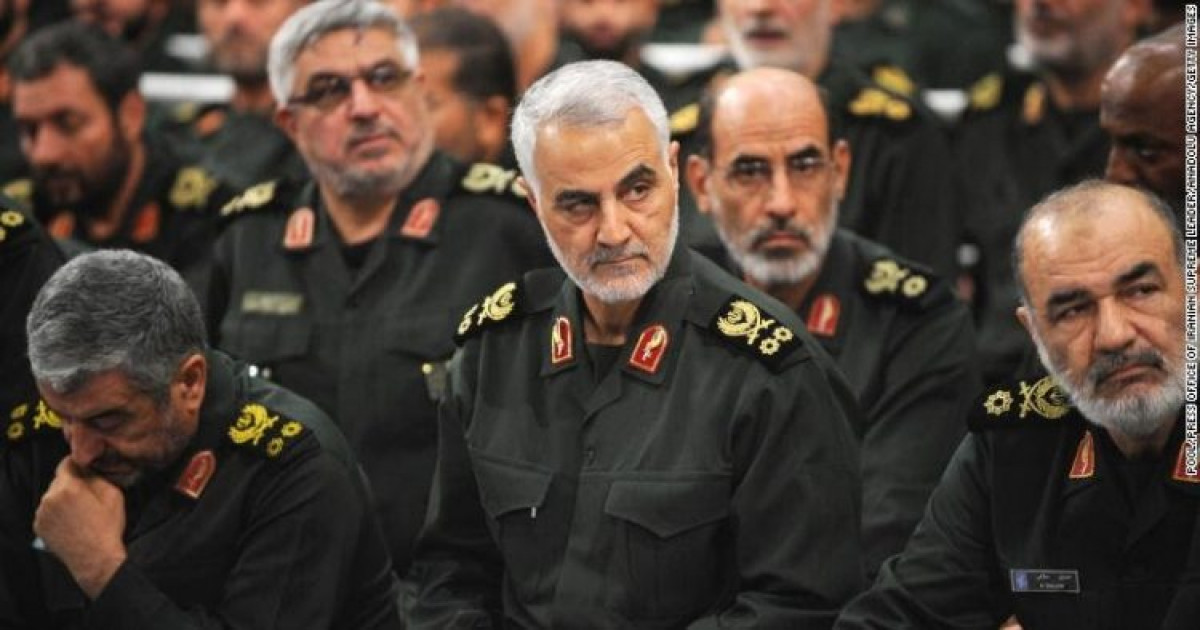 95
95
Part 2
The US crime of targeting senior Iranian and Iraqi military officials on January 3, 2020, is likely to be prosecuted in international courts as a clear instance of terrorist activity. General Soleimani’s assassination may be prosecuted under the 1973 Convention on the Prevention and Punishment of Crimes against Internationally Supported Persons, including Political Agents, which both the Iranian and US governments have ratified. Despite the fact that the US action against the Iraqi government is an example of a violation against a sovereign state that comes within the jurisdiction of the International Criminal Court (ICC), bringing a case before the ICC is exceedingly difficult owing to the US’s reluctance to recognise the court’s authority. The ideal answer to this problem would be to form a joint court in Iraq composed of Iranian and Iraqi legal experts. However, given the US’s hegemony over the UN Security Council, creating such a court would be difficult, precluding Iraqi courts from exercising jurisdiction. However, using the capabilities of other UN bodies, such as the General Assembly, or other international organisations, most notably the Organization of Islamic Cooperation (OIC), as well as relying on the Senegal Tribunal’s experience, may assist in developing a successful proceeding. Meanwhile, litigation in Iran’s internal court is both helpful and essential politically and morally. However, there are concerns regarding how the penalty would be applied to US federal personnel under this alternative. Another alternative is to litigate in federal courts in the United States. State immunity and the method in which the judgement is applied do not block the process, but they do need the use of a suitable approach. However, the US authorities contemplated rejecting such claims or refusing to intervene to prevent a judgement in favour of the Iranian plaintiffs. Thus, although it is ideal to form a court in cooperation with regional organisations such as the OIC if this is not feasible, it is better to send the matter to the International Court of Justice under the 1973 Convention.
Comment
Post a comment for this article